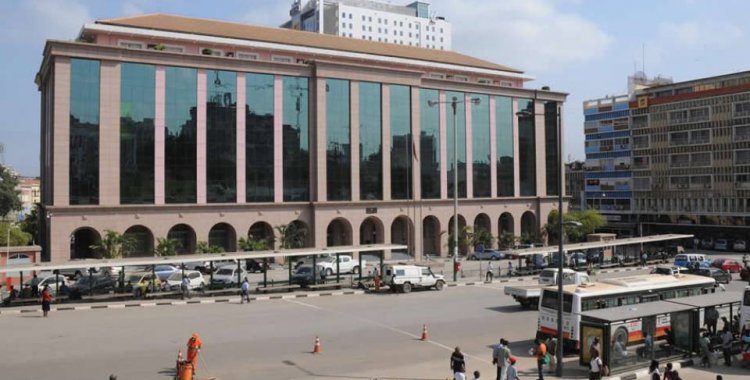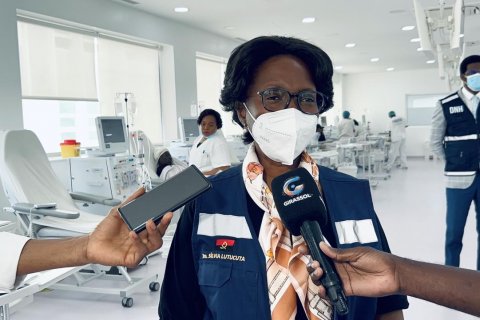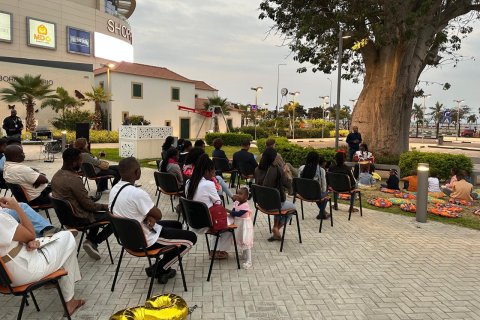"Once again, we urge agencies to pay attention to the [financial] limits assigned to budgetary units. We spent a long time negotiating with each agency to better distribute the limits among the agencies, budgetary units, and subordinate agencies," said Secretary of State for the Budget, Juciene de Sousa, this Monday.
Speaking at the opening of the Seminar on Instructions for Preparing the General State Budget for the 2026 Financial Year, held in Luanda, the secretary said she repeatedly witnesses a "complete misalignment" regarding budgetary distribution among budgetary units and subordinate agencies.
"Basically, for almost all budgetary units, we need to correct these aspects. We draw attention to personnel expenses," she said.
According to Juciene de Sousa, the ministerial department annually adjusts approximately 60 percent to 70 percent of its budgeted personnel expenses: "Amounts are always budgeted that are well below previous years, and this is critical."
"We have to adjust each one, because the budget expenditure does not correspond to the employees listed there, or is significantly lower than the previous year. Therefore, we would also like to draw your attention to this, especially to the provincial governments, health, and education agencies," she noted.
Speaking before national directors, heads of provincial government planning departments, and heads of ministerial departments, the Secretary of State for the Budget urged budgetary units to exercise greater rigor in controlling allocated funds.
She also noted in her speech that the Ministry of Finance cannot budget significantly below its historical budget execution, particularly for hospitals, education offices, and schools.
"So, please, we also urge this attention, because annually we have to literally go agency by agency, budgetary unit by budgetary unit, to ensure that we have the minimum expenditure properly aligned," she urged.
Juciene de Sousa emphasized that the General State Budget (OGE) is the main instrument for implementing public policies, stating that its quality "defines the scope of the executive's actions and, ultimately, the well-being of the population."
She argued that the preparation of the OGE must reflect technical rigor, respect for the law, strategic vision, and a strong sense of collective responsibility. She noted that the challenges and commitments assumed for national development "are increasingly essential" and that the preparation of the OGE must adhere to "prioritization criteria."







